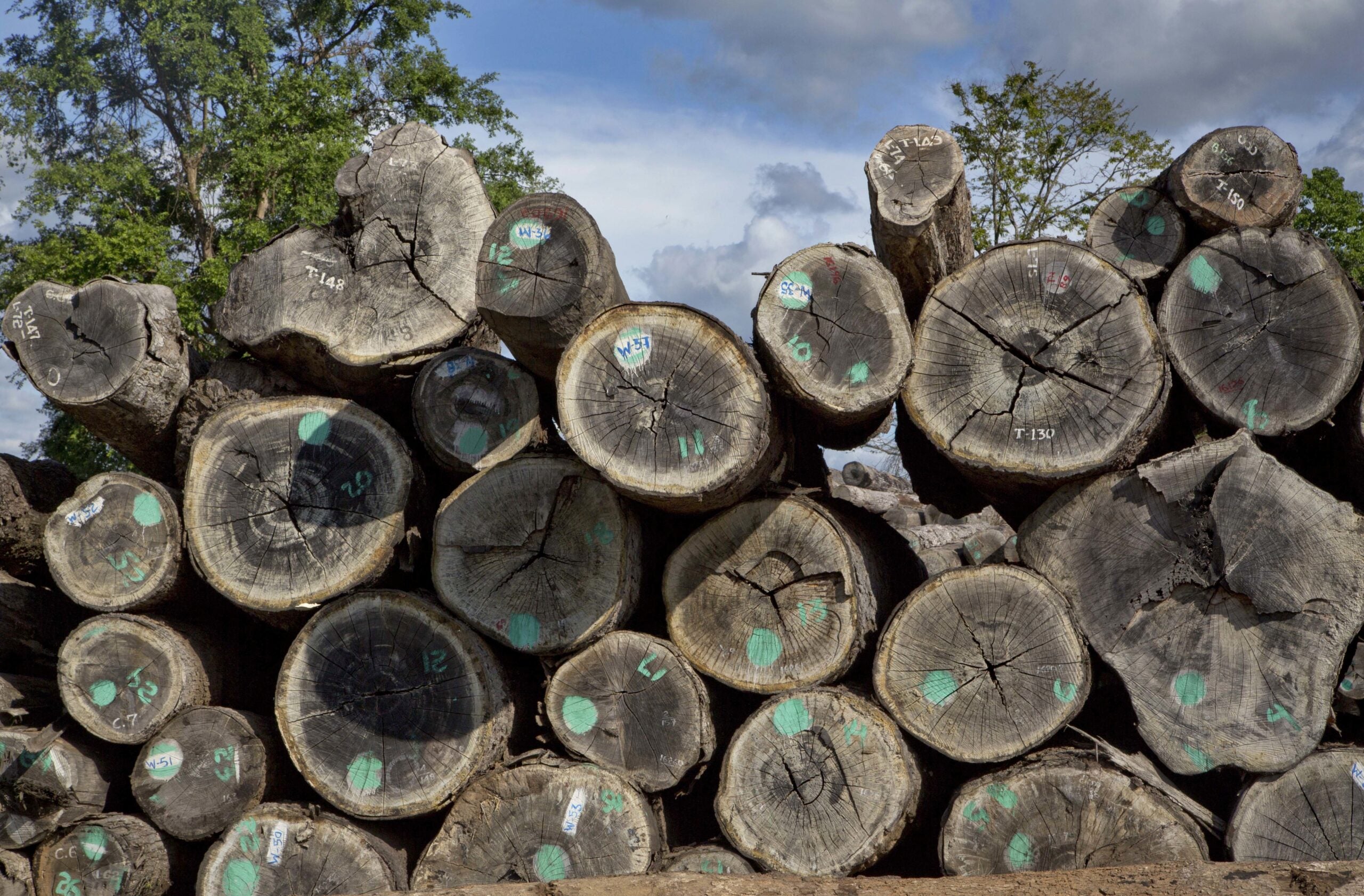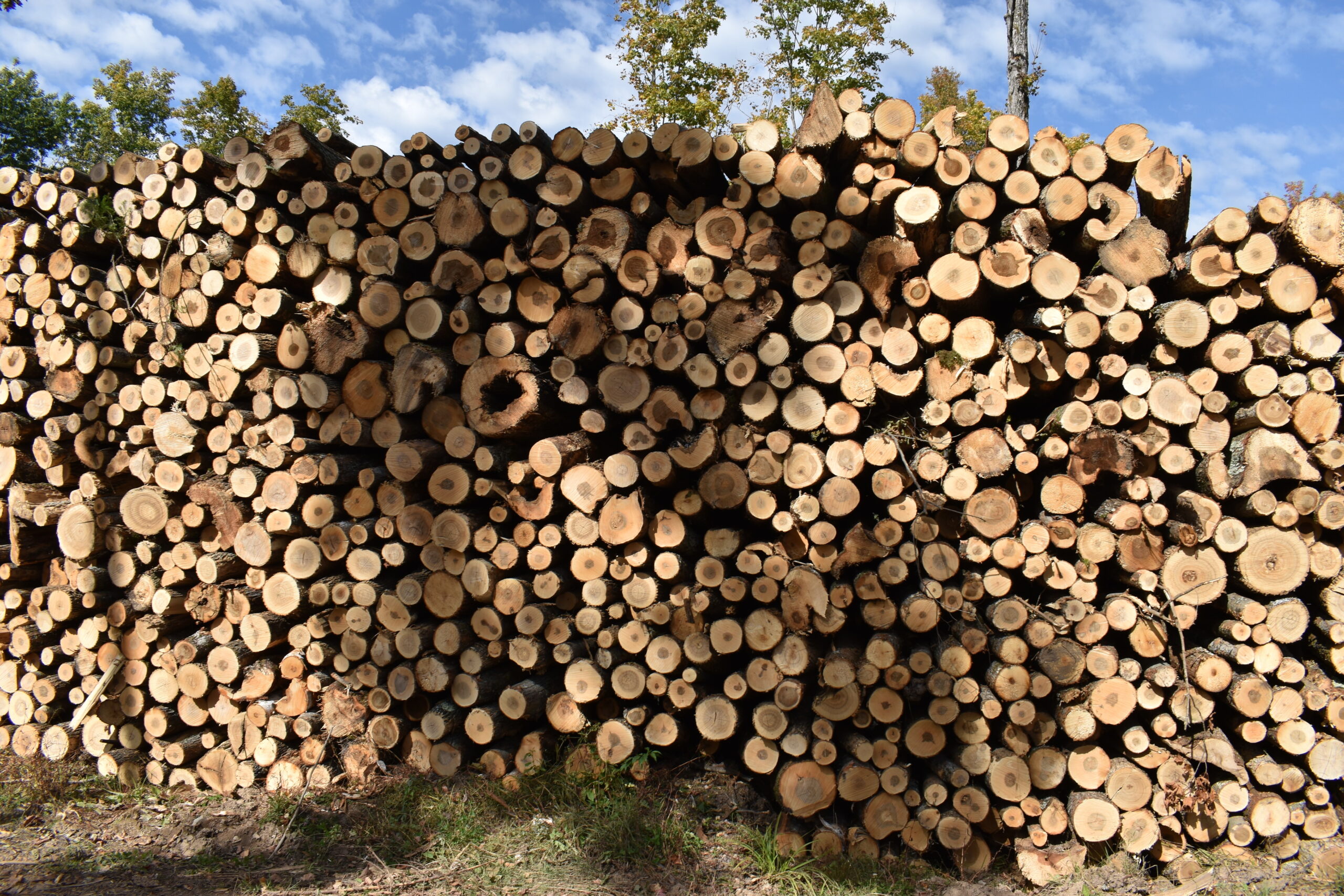The trade dispute between the United States and Canada may have mixed results for Wisconsin industries. About 158,000 jobs in Wisconsin depend on trade with Canada, according to the Canadian government.
Canada is the state’s largest trading partner, said economics professor Abdur Chowdhury with Marquette University. He said President Donald Trump’s proposed 20 percent tariff on imported softwood lumber may benefit local lumber industries, but it could backfire with increased housing costs, among other things.
“Canada can either retaliate by imposing tariff on other U.S. products that we sell in Canada or they can go for arbitration (with) the World Trade Organization, so we have to see how Canada reacts,” Chowdhury said.
News with a little more humanity
WPR’s “Wisconsin Today” newsletter keeps you connected to the state you love without feeling overwhelmed. No paywall. No agenda. No corporate filter.
John Cruickshank, consul general of Canada in the Midwest, said he doesn’t anticipate any knee-jerk reactions from the national government to Trump’s proposed tariff.
“However, there could be action taken by any of the affected provincial governments — the equivalent of your state governments,” said Cruickshank. “Ontario and British Columbia, both of whom could be really hurt by this, they could very well retaliate.”
Paper and plastics are Wisconsin’s top exports to Canada. Trade between Wisconsin and Canada amounts to around $11 billion in imports and exports each year.
Wisconsin Public Radio, © Copyright 2026, Board of Regents of the University of Wisconsin System and Wisconsin Educational Communications Board.




